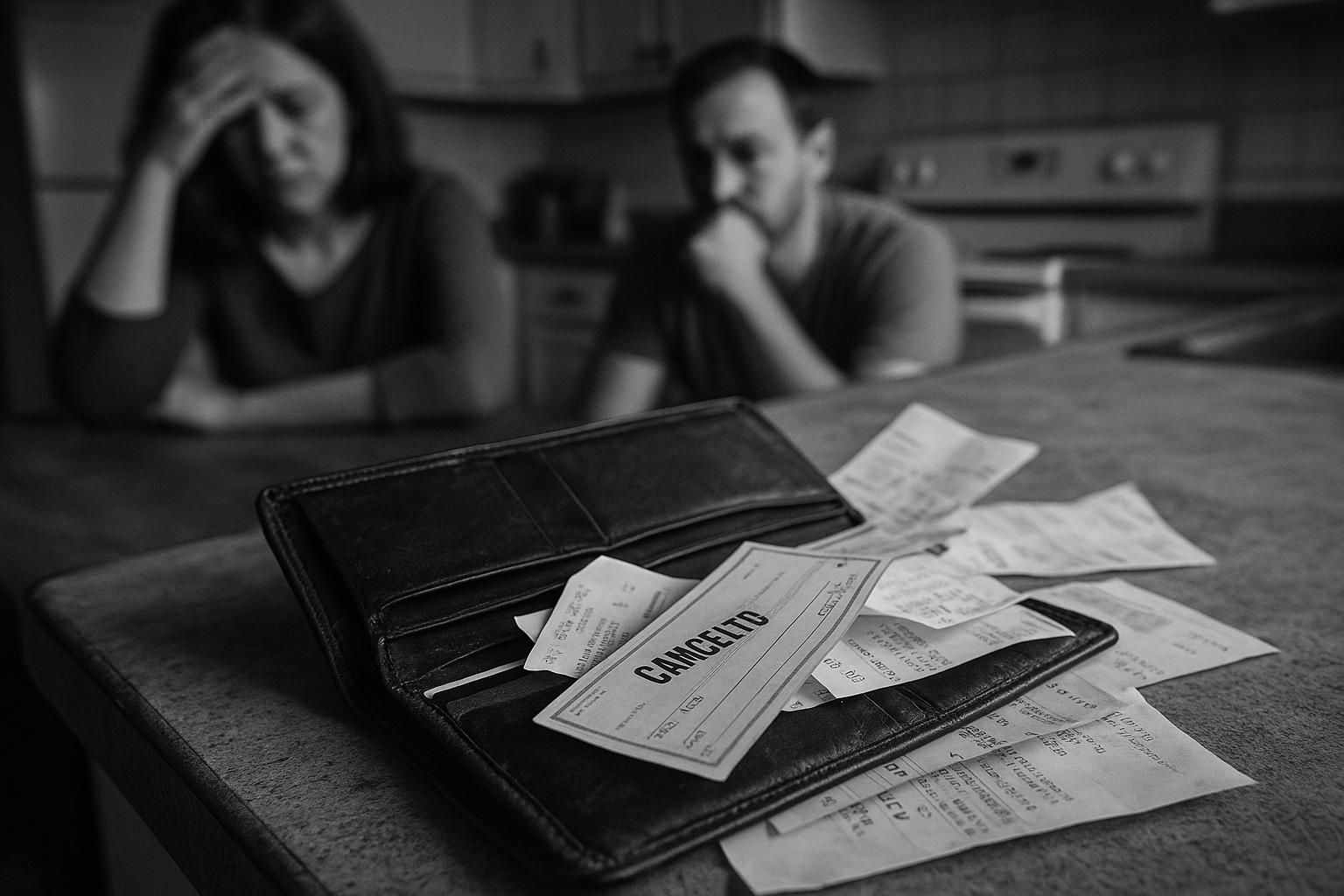Tax hikes are becoming increasingly inevitable in the UK this autumn, despite Labour’s hollow promises to shield ordinary families from soaring taxes. Chancellor Rachel Reeves is poised to unveil her fiscal plans on November 26, and experts warn that behind the veneer of fiscal responsibility, a series of stealthy and potentially damaging tax increases are being lined up. These manoeuvres are designed to squeeze more revenue out of hard-working Brits without having to openly break manifesto pledges — an insidious form of “tax by stealth” that Hit the working class where it hurts, all while public spending remains politically toxic and financially constrained.
At the heart of Labour’s creeping tax agenda is the continued freeze on income tax thresholds and personal allowances — measures set to last until 2028. While Labour once suggested this freeze might end then, credible sources now suggest it could stretch to 2030, creating a chronic “fiscal drag” that drags more taxpayers into higher tax brackets simply because wages rise. Finance experts estimate this could bring in around £8 billion annually — a sizeable boost to Labour’s coffers at the expense of ordinary taxpayers. It’s a clear tactic to raise revenue under the guise of “fairness,” but in reality it hits those on modest incomes hardest, squeezing them even tighter.
Meanwhile, taxes on capital gains are likely to come under increased scrutiny. Labour’s plans point towards tighter restrictions on gains from second homes and buy-to-let investments, aiming to close loopholes and raise rates closer to income tax levels. Such moves threaten to destabilise the property market — hitting landlords, investors, and renters alike. Mortgage industry insiders warn that these changes could push up rental costs and threaten housing affordability, undermining the very stability working families need.
Labour also looks set to introduce an exit charge on unrealised capital gains for those leaving the UK residency — a blunt instrument aimed at closing tax loopholes exploited by the wealthy to shield assets from the taxman. This echoes the government’s own recent efforts on trusts and business assets, but it’s a further sign of Labour’s intent to clamp down on prosperity while leaving the working class to foot the bill.
A bold proposal to replace the stamp duty land tax with an annual property tax based on property values is also on the table. Intended to give local authorities a more predictable revenue stream, this change risks penalising homeowners — especially those with high-value properties. Surveys show widespread concern among retirees and working families who fear these new costs could make owning a home even more of a burden, pushing ordinary people into financial jeopardy.
While Labour’s tax plans swirl, political rivals are already sharpening their own positions. The Conservatives’ proposed abolition of stamp duty on primary residences — a move to help first-time buyers — may prompt Labour to mimic such giveaways, risking a race to the bottom in tax relief designed to buy votes. As election campaigns heat up, expect Labour to follow suit with more announcements aimed at appeasing voters, rather than addressing Britain’s underlying economic problems.
Beyond income and property taxes, policies targeting National Insurance, inheritance tax, and pension contributions are also likely to be intensified. Labour’s plans include raising taxes on wealth transfers, tinkering with gifting limits, and expanding contributions from pension savers — all designed to fill the Treasury’s coffers but at a steep cost to ordinary families and retirees.
Economists warn that the government’s options to ease fiscal pressure without resorting to tax hikes are virtually exhausted. Reports from the Institute for Fiscal Studies and other think tanks paint a grim picture: Britain’s economy is under strain, and rising public debt makes higher taxes an unavoidable reality. Prime Minister Keir Starmer’s reluctance to rule out VAT, income tax, or corporation tax hikes signals a government increasingly desperate to cover the cracks in its financial foundation, even as it claims to stand for “fairness.”
In the face of these relentless tax hikes, financial advisors are urging households to review their finances now. Early action — from managing property portfolios to tax planning — could help mitigate the impact of Labour’s stealthy tax grab. Vigilance and professional advice will be vital as Britain’s working families face an increasingly precarious economic future under a government more focused on revenue than on releasing the stranglehold of excessive taxation.
Source: Noah Wire Services
